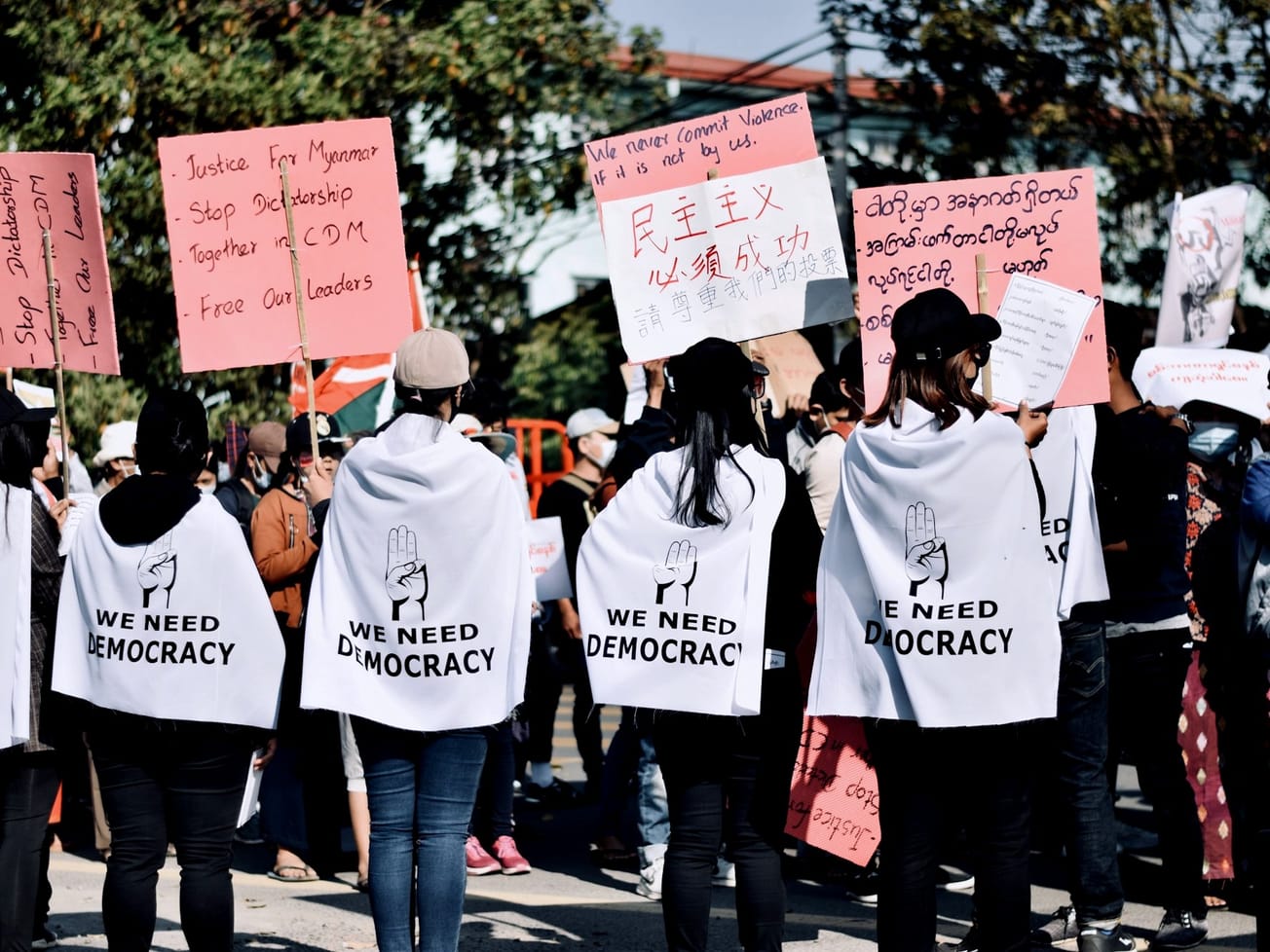As the Kremlin steps up its grinding attack on Ukraine, United Nations observers are seeing a surge in civilian casualties along with widespread reports of Russian atrocities and war crimes.
But as Russia’s invasion approaches the three-year mark, Ukrainian President Volodymyr Zelensky, in a broadcast interview late Thursday, called the incoming U.S. president, Donald Trump, “strong and unpredictable” and said he hoped those qualities could help resolve the war.









